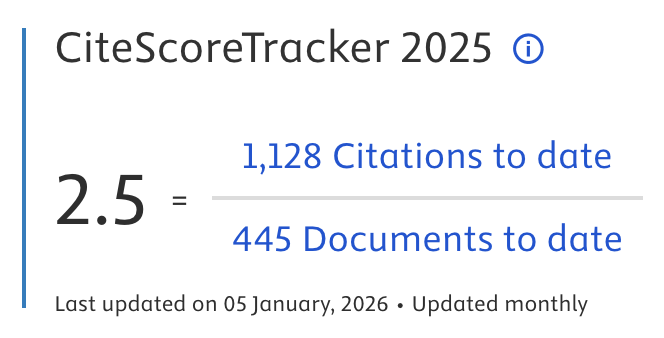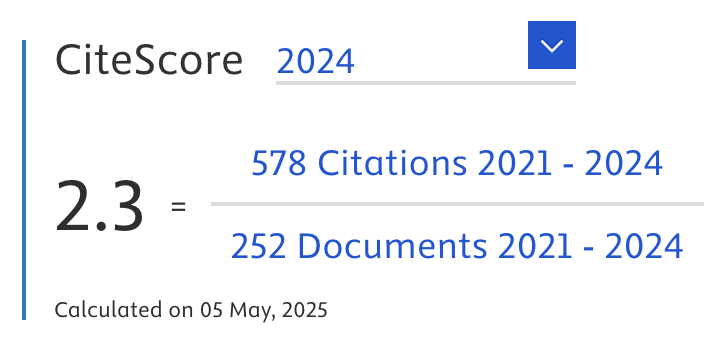Classification of Tweets Causing Deadlocks in Jakarta Streets with the Help of Algorithm C4.5
Abstract
Congestion seems to be a daily occurrence in the Indonesian city of Jakarta. As a consequence, the rider has access to essential information regarding traffic conditions at all times, which is beneficial. Through social media platforms such as Twitter, this information is readily available to the public. On the other hand, the information offered on Twitter is still uncategorized text. DKI Jakarta, as a consequence, developed a congestion classification system that included data mining techniques, a classification approach based on the decision tree technique, and C4.5 as a component. This C4.5 method transforms a large amount of information into a decision tree that shows the rules. Geocoding will be utilized to illustrate the locations that have been gathered, and a data split with a confusion matrix will be used to assess how well the categorization process has worked. According to the study's results, the average accuracy rate is 99.08 percent, the average precision rate is 99.46 percent, and the average recall rate is 97.99 percent.
Article Metrics
Abstract: 633 Viewers PDF: 301 ViewersKeywords
Full Text:
PDFRefbacks
- There are currently no refbacks.

Journal of Applied Data Sciences
| ISSN | : | 2723-6471 (Online) |
| Collaborated with | : | Computer Science and Systems Information Technology, King Abdulaziz University, Kingdom of Saudi Arabia. |
| Publisher | : | Bright Publisher |
| Website | : | http://bright-journal.org/JADS |
| : | taqwa@amikompurwokerto.ac.id (principal contact) | |
| support@bright-journal.org (technical issues) |
 This work is licensed under a Creative Commons Attribution-ShareAlike 4.0
This work is licensed under a Creative Commons Attribution-ShareAlike 4.0





.png)